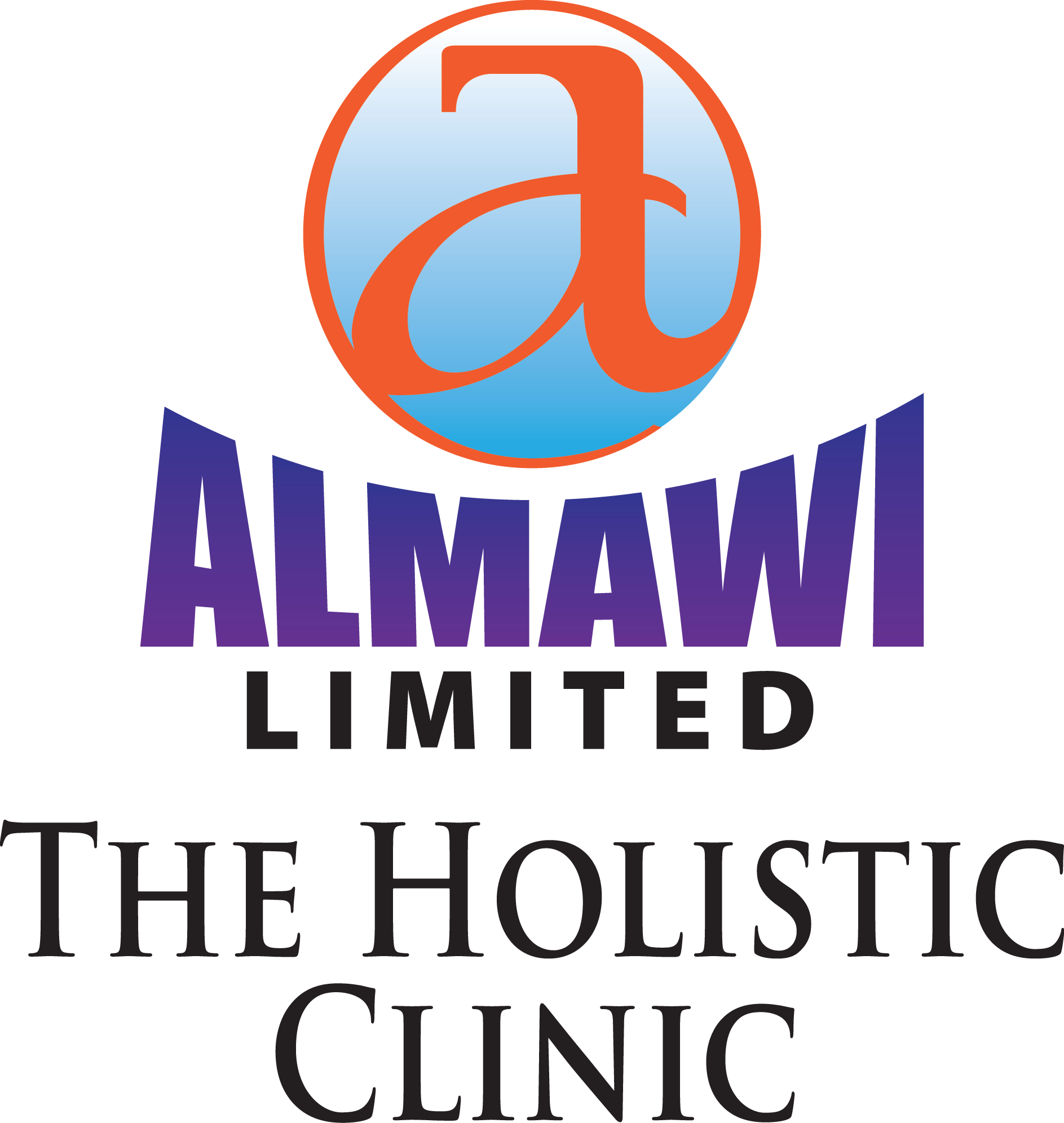Benefits of Medical Massage
The general concept of massage therapy is relaxation based. However, medical massage therapy plays a critical role in rehabilitation of persons with varied problems. Due to its miraculous ability to reduce pain and heal injuries, massage therapy is now being used in the medical field. Medical massage is designed to address the discomforts of a client.
The purpose of the massage is to deal with any dysfunctional areas or problems in the soft-tissues of the body. It differs from therapeutic massage as it does not focus on relieving tension or stress from the body. It is usually used for patients who are recovering from injuries or surgical procedures. The doctor will inform the client if he or she could benefit from massage therapy, as it is often used to help speed healing and recovery.
After an injury has occurred, the patient usually avoids using those muscles of the body until the injury has healed. During this time, with no use or movement of the affected area, these muscle groups become very stiff and out of shape. Medical massage therapy is used to slowly rehabilitate the unused muscles. It helps to promote healthy movement and functioning of the newly healed area of the body, while also preventing further injuries from occurring.
During a session, the massage therapist will manually manipulate the soft tissues of the body using various hand techniques, soft tissue massage, active and passive stretching, range of motion techniques, and possibly the use of other therapeutic modalities. Medical massage is used to improve the general well-being of the client. Each session typically lasts between 30 to 60 minutes.
Some of the various techniques that may be used in combination with the Medical Massage are: lymphatic drainage, stretching and positional release techniques, reflex techniques, and trigger point therapies. The exact combination of therapies will depend on the specific client and their individual needs. The medical therapist would first do an assessment of the client and determine their specific needs and problem areas that need to be treated. Often, the patient will also be given a series of self-massage techniques that they can do on their own at home. Medical massage and home exercises will further enhance their recovery to good health and fitness.

How Can Massage Help My Health and Well-being?
Generally, people use massage for either general relaxation and well-being, or to address a specific complaint, such as pain or limited range of motion. Research suggests massage therapy may contribute to both goals.
Some of the other general benefits of massage therapy may include:
- Improved circulation, which nourishes cells and improves waste elimination

- Relief for tight muscles (knots) and other aches and pains
- Release of nerve compression (carpel tunnel, sciatica)
- Greater flexibility and range of motion
- Enhanced energy and vitality
- Healing of scar tissue, as well as tendon, ligament, and muscle tears.
What specific conditions can Massage Therapy help?
These circulatory effects of massage may have value in the treatment of some inflammatory conditions, such as arthritis or edema (an excessive accumulation of fluid in body tissues, which may be reduced using manual lymph drainage).
Because it is also thought to induce a relaxation response, there’s a lowering of the heart rate, respiratory rate, and blood pressure; boosting of the immune system; and generally a decrease in the physical effects of stress. These effects suggest that massage may be helpful for a wide range of conditions, some of which are listed below.
Decreases pain and increases functioning in these conditions:
- Tension headaches
- Whiplash
- Scoliosis

- Tendon and muscle tear
- Thoracic outlet syndrome
- Varicose veins
- Pregnancy-related back pain and other discomfort
- Myofascial pain
- Sore or overused muscles (prevents and treats)
- Muscle injury (offers rehabilitation).
Helps treat and manage symptoms or complications of:
- Gout
- Rheumatoid arthritis
- Osteoarthritis
- Muscular dystrophies
- Diabetes
- Hypertension and congestive heart failure
- Chronic diseases, such as heart, and autoimmune conditions.
Other psychological, emotional, and physical benefits:
- Improved mood
- Reduced anxiety
- Lower stress levels
- Lessening of depression
- Reduced anger and aggression
- Improved sleep patterns and decreased sleep disturbance
- Reduced fatigue
- Enhancement of the immune system
- Improvement of athletic performance and enhancement of recovery.
While individuals can decide that they need massage therapy, it’s best to first have a consultation with your health provider, to determine whether or not massage it is best suited for your particular condition or situation. A misdirected diagnosis could create more problems than it would solve.
Your feet mirror your general health . . . cherish them!

 WhatsApp us!
WhatsApp us!